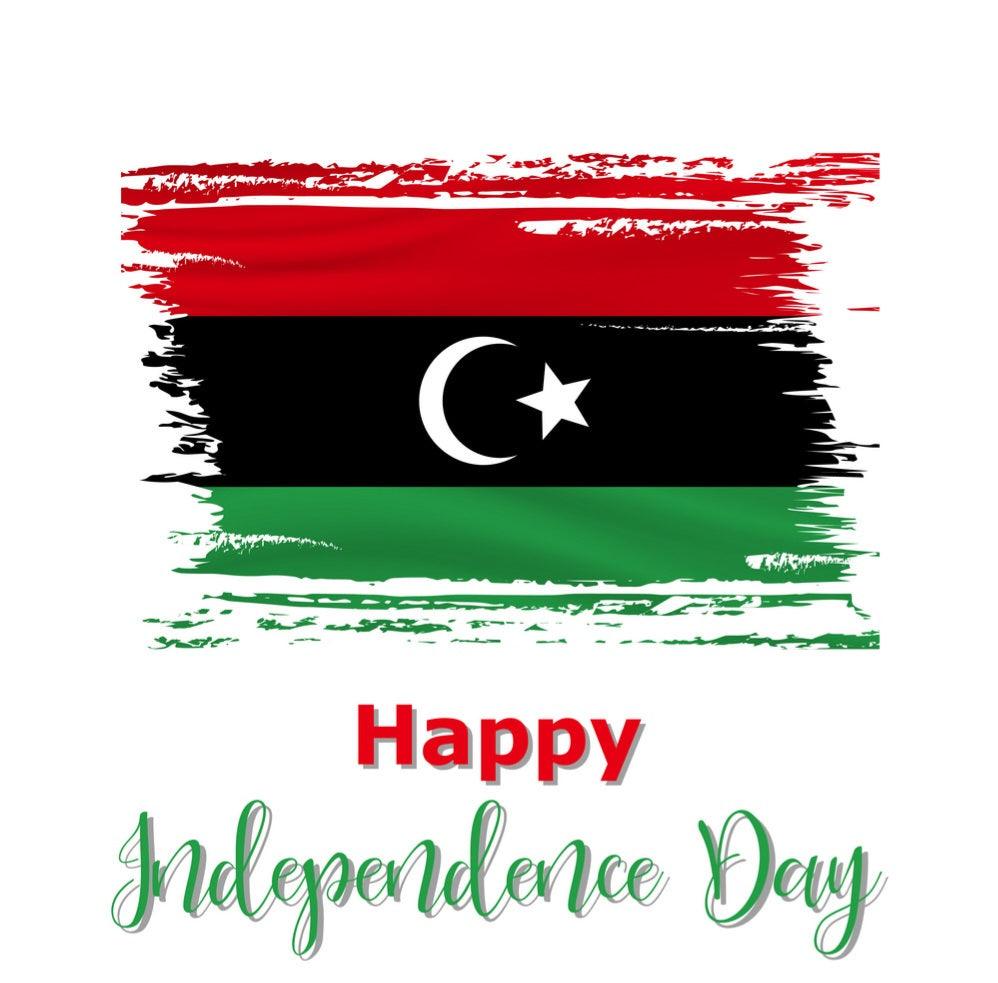
Libya's Independence Day
Share
Libya, officially known as the Socialist People's Libyan Arab Jamahiriya, celebrates its independence day on December 24, 1951. This significant event marked the end of Italian colonial rule and the emergence of an independent Libya.
Before Italy's occupation, Libya had been under the control of the Ottoman Empire. The struggle for independence wasmarked by the efforts of Libyan nationalists and leaders such as Omar Mukhtar, who led a resistance against Italian forces during the early 20th century.

Libya's independence from Britain had a profound impact on its former colonizer. It signaled the loss of control over a strategically important region and challenged Britain's imperialistic ambitions in the Mediterranean. The independence of Libya also reflected the broader movement of decolonization sweeping across Africa and the Middle East.
Furthermore, Libya's independence held significant symbolic value for the collective African consciousness. It inspired other nations in the region and beyond to strive for self-rule and resist foreign domination. The successful liberation struggle in Libya became a source of inspiration and solidarity for other African countries still fighting for their independence.

However, Libya's journey towards stability and prosperity after independence was not without challenges. Political and social complexities, including internal divisions and regional tensions, emerged in the years that followed. These challenges would shape the nation's subsequent history.
Today, Libya's independence day serves as a reminder of the nation's resilience and the sacrifices made by its people in their quest for freedom. It is a time to honor the legacy of leaders like Omar Mukhtar and reflect on Libya's ongoing efforts to rebuild and establish a stable and prosperous future.

